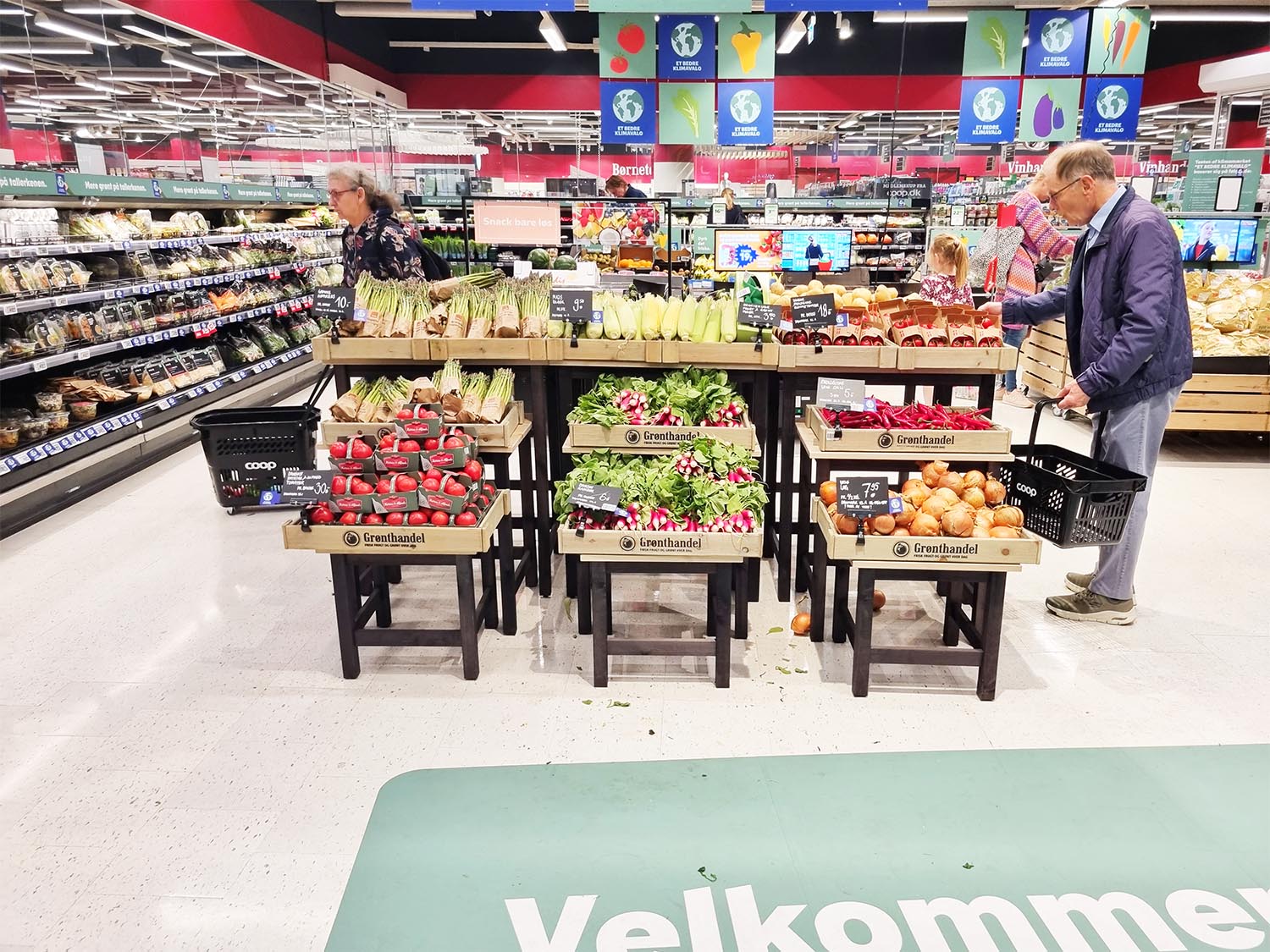The European food and grocery retail industry stands as a dynamic and ever-evolving sector. Supermarkets play a pivotal role in shaping consumer trends and driving economic growth. With a market size of approximately €1790 billion and an expected compound annual growth rate of over 4% from 2021 to 2026, Europe’s supermarket retail industry comprises a vast and diverse market, encompassing both established players and emerging challengers. Success in this industry hinges on the ability to understand and capitalize on key market dynamics, consumer preferences, and emerging trends.
One of the primary factors driving success is the ability to meet the growing demand for convenience in consumers’ lives. In an era of hectic lifestyles, shoppers prioritize time efficiency and accessibility. Additionally, consumers are increasingly conscious of the environmental impact of their purchase decisions. Therefore, retailers that embrace eco-friendly practices, reduce food waste, and promote ethical sourcing are often preferred. For the European supermarket industry, long-term success depends on staying compliant and proactively responding to regulatory changes related to sustainability standards.

